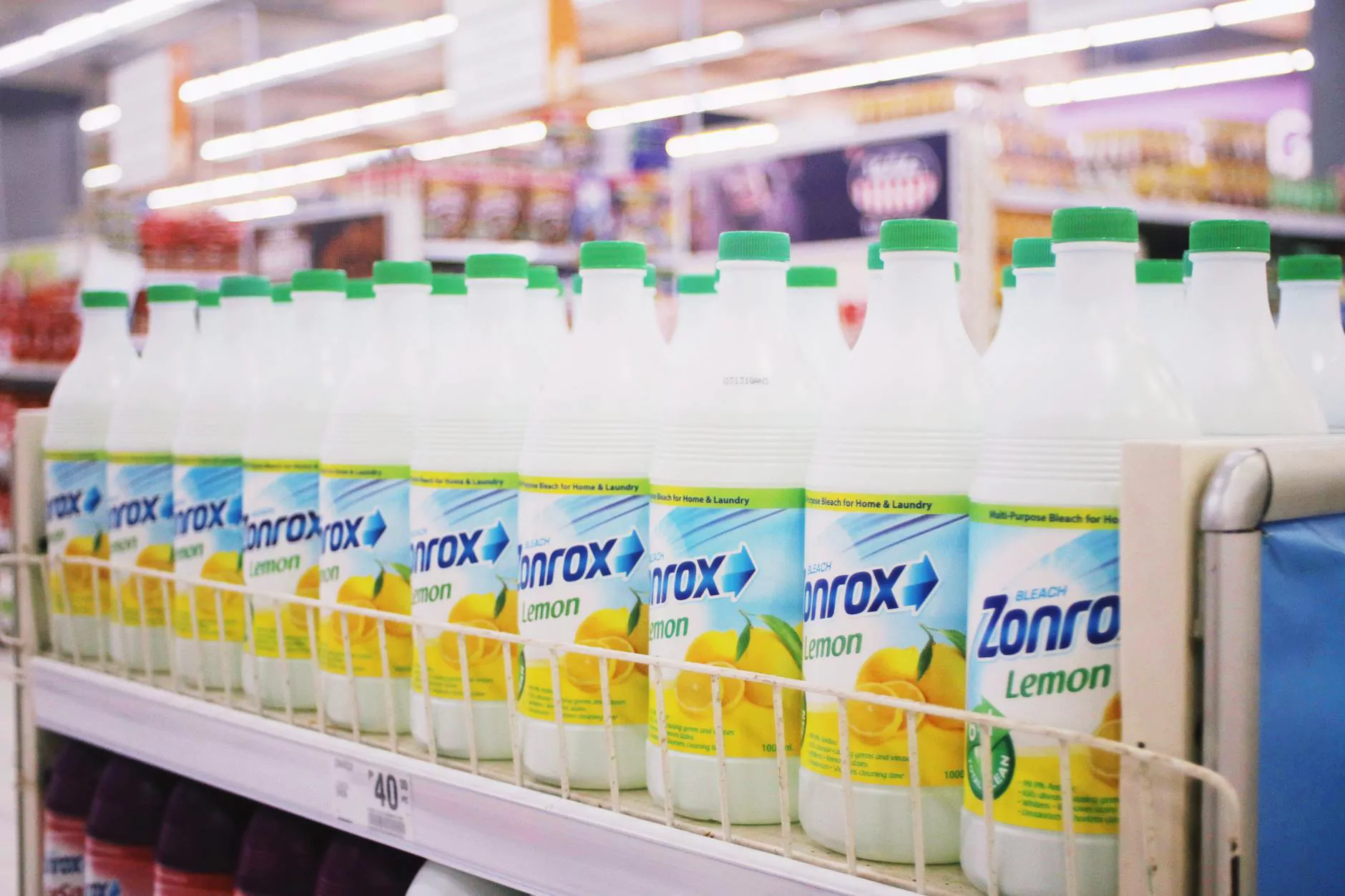Understanding Pharmacy and Addiction Medicine

In today's world, where health challenges abound, the roles of pharmacy and addiction medicine have never been more crucial. This article delves deep into these fields, focusing on substances like alprazolam, widely known under the brand name Xanax, and offers insights into treatments, responsible use, and effective management of addiction.
What is Pharmacy?
Pharmacy is a vital component of the healthcare system, dedicated to the safe and effective use of medications. Pharmacists are experts in medication therapy, providing patients with the essential knowledge and tools needed to maximize therapeutic outcomes while minimizing risks.
The Role of Pharmacists
- Medication Dispensing: Pharmacists are responsible for ensuring that patients receive the correct medications prescribed by healthcare providers.
- Patient Counseling: They offer guidance on proper medication usage, including dosage, timing, and potential side effects.
- Medication Management: Pharmacists play a key role in managing complex medication regimens, particularly for patients with chronic conditions or polypharmacy.
- Education: They educate patients and caregivers about health conditions, effective therapies, and lifestyle choices.
Introduction to Addiction Medicine
Addiction medicine is a recognized medical specialty focused on the prevention, evaluation, diagnosis, and treatment of patients with addiction and substance use disorders. This field combines principles of psychiatry, neurology, and pharmacology to treat patients holistically.
Understanding Substance Use Disorders
Substance use disorders (SUD) represent a group of conditions characterized by an individual's inability to control their use of psychoactive substances, including drugs and alcohol. Factors such as genetics, environment, and mental health contribute to the development of these disorders.
Importance of Addiction Medicine
The importance of addiction medicine cannot be overstated. It provides:
- Clinical Assessment: Comprehensive evaluations that determine the severity of addiction and co-occurring disorders.
- Therapeutic Interventions: Evidence-based treatment options, including medication-assisted treatment (MAT) for substance dependence.
- Support Systems: Establishing a network of support that includes counseling, rehabilitation programs, and community resources.
- Education & Awareness: Raising awareness about the risks of substance use and the importance of seeking help.
Focus on Alprazolam (Xanax)
One of the most notable medications within the field of pharmacy and addiction medicine is alprazolam, commonly known as Xanax. This medication has garnered significant attention for its effectiveness in treating anxiety and panic disorders. However, it is also associated with risks, especially regarding addiction.
What is Alprazolam?
Alprazolam is a member of the benzodiazepine class of medications. It works by enhancing the effect of a neurotransmitter in the brain called gamma-aminobutyric acid (GABA), which helps to induce a calming effect. This makes it particularly effective for:
- Anxiety Disorders: Helping patients manage symptoms of generalized anxiety disorder (GAD).
- Panic Disorders: Providing relief from sudden and intense panic attacks.
Potential for Abuse and Addiction
Despite its benefits, alprazolam carries a risk of dependence and abuse. Prolonged use or misuse of alprazolam can lead to the development of tolerance, where the user requires higher doses to achieve the same effect. This cycle can foster addiction, a serious condition that requires immediate intervention.
Signs of Alprazolam Addiction
Recognizing the signs of addiction is critical for both individuals and their loved ones. Common indicators include:
- Increased Usage: Taking higher doses than prescribed or increasing the frequency of use.
- Withdrawal Symptoms: Experiencing symptoms such as anxiety, tremors, or insomnia when not taking the medication.
- Neglecting Responsibilities: Failing to fulfill professional, social, or familial obligations due to drug use.
- Continued Use Despite Harm: Persisting in the use of alprazolam despite facing legal, social, or personal issues as a result.
Responsible Use of Alprazolam
For those prescribed alprazolam, responsible use is paramount to avoid addiction and ensure its therapeutic benefits. Here are some key guidelines:
- Follow Prescriptions: Always adhere to the healthcare provider's instructions regarding dosage and frequency.
- Avoid Mixing Substances: Do not combine alprazolam with alcohol or other CNS depressants without consulting a healthcare professional.
- Regular Check-ups: Schedule regular appointments with your healthcare provider to monitor the use and effectiveness of the medication.
- Seek Support: Engage in psychotherapy or support groups to address underlying issues related to anxiety or panic disorders.
Conclusion
The intersection of pharmacy and addiction medicine represents a critical area of healthcare that requires attention and understanding. By focusing on responsible medication management, particularly with substances like alprazolam, individuals can navigate their health challenges more effectively. For more information or to seek help, consider visiting the website https://alprazolam-xanax.com.
Resources for Further Information
- Alprazolam Information
- National Institute on Drug Abuse
- Substance Abuse and Mental Health Services Administration



